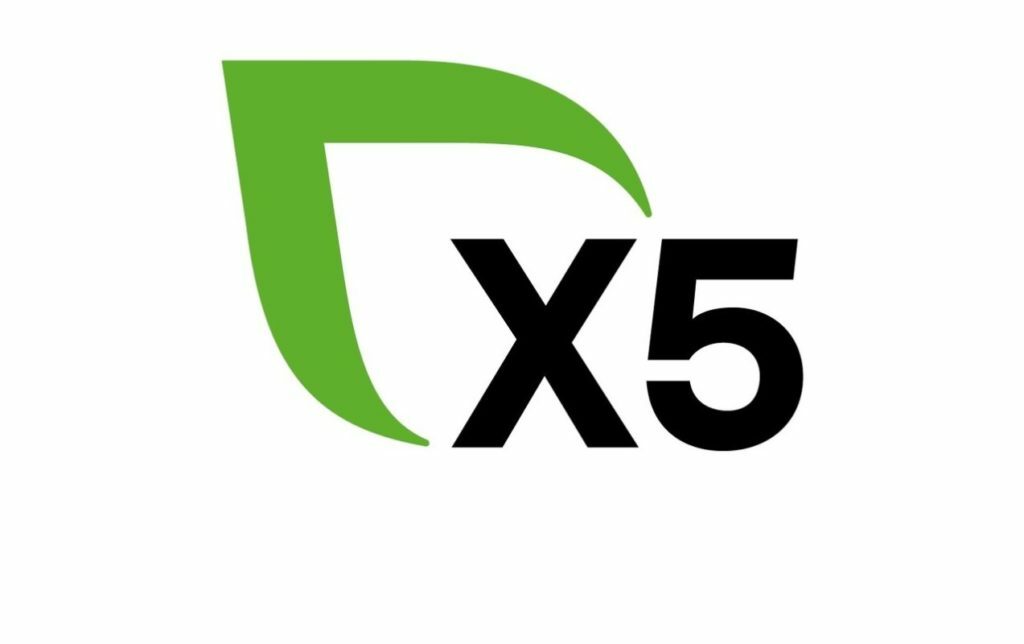



Keep this story going! Share below!
X5 launched the Responsible Supply Chain initiative in 2025 to unify supplier quality and ESG standards across its retail brands. This area wasn’t entirely new because food safety and constant supplier interaction have always been a part of X5’s operations. But this year the company decided to launch the initiative aimed to unify existing standards and formalize them at the corporate level. There are 3 main goals:
1. Standardize requirements for suppliers.
2. Know suppliers’ internal processes better to ensure that the quality and safety of the products are high.
3. Help suppliers highlight their strengths and give the sign to the market that big companies are truly interested in ESG, thus, it is a necessary part of business.
X5 decided to interconnect all its businesses and supply chain management and establish a unified corporate-level governance framework. A series of corporate documents were developed and published, including:
• Code of partnership with business partners - describes the requirements for the supplier.
• Updated food safety and product quality policy - emphasizing that responsible supply chains help prevent operational and reputational risks. Food safety is critical for X5, thus, they must be very cautious and attentive to their suppliers.

After 2025 was declared the “Year of Food Safety,” it became necessary for X5 to develop a unified approach to quality and risk management. The Responsible Supply Chain project was subsequently launched by the Food Safety team. It was not a brand-new concept, as practices already existed but were fragmented across different chains. As the interviewee explained, the rigorous control had always been a priority: “It has always existed at the level of retail chain regulations, but the point is that every retail chain closely monitors quality, as well as all processes related to ready-to-eat food: regular audits and laboratory testing of products are conducted.” Recognizing the need for greater efficiency and reliability, the Food Safety team understood that they needed to systematize this existing information and knowledge about their suppliers to make sure that their goods are 100% safe across the entire group.
The Responsible Supply Chain project, launched in 2025, initiated a phased, long-term impact on X5's ecosystem.
Short-term effects centered on the immediate consolidation and formalization of processes across X5's retail chains (Pyaterochka, Perekrestok, and Chizhik). This unification at the group level created a systematized knowledge base about all suppliers and enabled immediate self-assessment and initial feedback on quality and ESG maturity. Polina Asoskova, Head of ESG Projects Department at X5, noted that the initiative includes "an implementation of the X5 quality system, which highlights the story behind ready-to-eat food, specifically the processes involved in its production". She elaborated that "this includes the strict selection of suppliers, the strict selection of ingredients, regular audits, and laboratory testing".
Long-term effects are focused on continuous quality upscale throughout the entire supply chain, resulting in a lasting quality increase in consumer goods and a reduction in operational and reputational risks. The sustained effort encourages the adoption of more advanced technologies for production and packaging by partner factories. Furthermore, Asoskova emphasized the societal benefit, stating, "In this way, we also support small and medium-sized businesses by giving them the opportunity to place their products on our shelves. Regular events are held that also focus on farmers, such as the 'Big Shelf for Small Farmers' initiative". This support helps SMEs become more efficient and competitive over time. Ultimately, as Asoskova summarized, "The focus is on both improving quality-related processes and preventing any potential risks, as well as on building communication with customers. We aim to communicate through both branding and the positioning of the project". X5 has set a strategic performance indicator in the "Health" block until 2028, directly related to food safety and the responsible supply chain, confirming its commitment to embedding these qualitative improvements into the company's future.
The Responsible Supply Chain initiative brings X5 clear operational and strategic advantages. It systematizes knowledge about suppliers, ensuring that all partners meet unified standards for quality, safety, and ESG practices. As Polina Asoskova emphasized, this comprehensive approach "helps prevent potential risks related to safety or product defects", maintaining consistent product quality across all retail formats.
The project also strengthens long-term cooperation with suppliers through open feedback and motivation to improve their sustainability performance. This collaborative approach enhances efficiency and transparency while reinforcing X5’s leadership in responsible sourcing. Ultimately, the initiative builds customer trust by demonstrating that X5 carefully monitors every stage of production — “from field to shelf” — securing both brand reputation and operational reliability.
Society
The initiative aligns with the UN Global Goal 3: Good Health and Well-being, primarily by focusing on food safety and quality.
Enhanced consumer trust and safety: The core benefit is ensuring customers receive safe and high-quality ready-to-eat food through a "from field to shelf" quality control approach. X5's Quality System, backed by the consolidated supplier standards, regular audits, and lab testing, confirms the brand's commitment to food safety at every level.
Support for small and medium enterprises (SMEs): The initiative supports local and small/medium businesses, which made up about 65% of X5's product purchases at the end of 2024. X5 actively supports small and medium enterprises, providing opportunities to access our shelves through initiatives like "Big Shelf for Small Farmers," boosting their business potential and market access.
Increased ESG awareness and market transformation: The questionnaire and feedback process acts as a communication channel, motivating suppliers to develop and enhance their own sustainability (ESG) practices. It helps suppliers realize that practices like composting or switching to eco-packaging are part of the ESG agenda, thereby helping to expand their awareness and business potential. This sets a standard in the market, as a large retailer like X5 expresses interest and requirements for sustainable practices.
Consumer clarity: X5 aims to help consumers identify truly eco-products with high quality. By communicating the rigor of the quality and safety checks through branding and project positioning, X5 builds a strong connection with its customers.
Environment:
The initiative encourages suppliers to adopt sustainable practices, thus minimizing X5's environmental footprint through its supply chain.
Reduced waste and resource consumption: By gathering information and providing guidance, the project aims for more effective and less waste production.
Sustainable packaging solutions: X5 actively works to transition to more eco-friendly packaging solutions and provides suppliers with recommendations on sustainable packaging. The company’s approach involves "setting rules and recommendations in the market... transitioning to more eco-friendly packaging solutions", which drives the use of recyclable parts in products and packaging materials.
Improved efficiency: The move towards more advanced technologies for production and packaging, often inherent in sustainable practices, can lead to overall greater efficiency in the supply chain.
Get stories of positive business innovations from around the world delivered right to your inbox.
Polina Asoskova, Head of ESG Projects Department


X5, Russia's largest multi-format retail chain, manages iconic brands such as Pyaterochka, Perekrestok and Chizhik. The company specializes in the sale of food and consumer goods, serving millions of customers across the country every day. Its activities cover the entire value chain, from logistics and distribution through its own distribution centers to thousands of conveniently located stores.
There are 4 UN Global Goals for Sustainable Development addressed by X5: Good Health and Well-being, Affordable and Clean Energy, Decent Work and Economic Growth, Responsible Consumption and Production. The company has 3 types of potential impact: potentially scalable, radical innovation, quantum leadership.